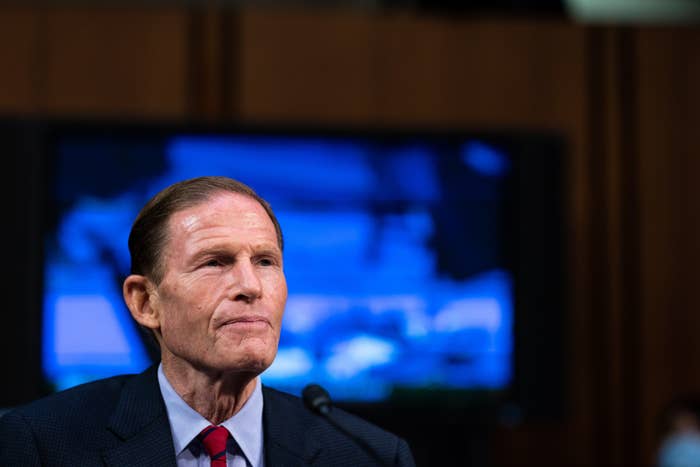
Cruise ship travel should be relaxing, enjoyable, and safe for every passenger. But voyages can quickly become a nightmare when serious — and even fatal — incidents happen on board.
According to federal data, sexual assault is the most reported crime aboard major cruise lines, constituting about three-quarters of all reported crimes. A recent BuzzFeed News investigation into these sexual assaults, including those of minors, reveals serious flaws with security and incident reporting on cruise ships. A bill I’ve introduced over multiple Congresses, the Cruise Passenger Protection Act, would help address these issues and require cruise lines to ensure the safety of all passengers on board.
According to BuzzFeed News’ investigation, cruise lines’ security standards have appeared, at times, woefully inadequate. There are often too few security officers on board to effectively monitor these large vessels, and background checks for staff and crew can be weak. Despite video surveillance requirements, coverage and record retention can be insufficient. And troublingly, evidence from reported crimes is sometimes lost. BuzzFeed News’ investigation highlights an abysmal status quo that can hinder law enforcement from quickly and thoroughly responding to and investigating incidents — and can deprive victims of justice.
We may not know the full scope of the problem. Cruise lines are required to report crimes that occur on board, including sexual assault, to the FBI and the US Department of Transportation. However, according to many experts and lawyers who work with victims of sexual assault on cruise ships, the real frequency of such incidents is often underreported.

Serious cruise ship safety incidents are not limited to sexual assaults. “Man overboard” incidents, thefts, and even murders have long been a reality of these voyages. One tragic example concerns 26-year-old George Smith IV from Greenwich, Connecticut, who disappeared from a cruise in 2005. In 2015, the FBI closed Smith’s case, and his family may never have answers about what happened. The Smith family courageously turned their grief into action, working closely with Congress to ensure the passage of the Cruise Vessel Security and Safety Act of 2010 — the last major cruise industry reform. The legislation made important strides in improving passenger safety aboard cruise ships, but additional action is desperately needed.
I have spearheaded the effort to further reform cruise lines in the Senate since 2013 with the Cruise Passenger Protection Act, and I am proud to work on this effort with Rep. Doris Matsui of California. This bill would implement additional passenger safety standards and cruise line reporting requirements, ensuring consumers have adequate information about their rights in advance of a voyage and a means for recourse should something go wrong.
My measure would require cruise lines to retain video footage from any alleged crime for one year so that investigators and victims have more time to access footage that may be necessary to pursue justice. It would also require cruise lines to specify whether crimes, including sexual assaults, were committed against minors. To strengthen enforcement, the bill would raise the penalties cruise lines face for violations of the law.
My Cruise Passenger Protection Act would also significantly bolster victim support. It would require cruise lines to clearly inform passengers of the statute of limitations for filing a lawsuit and establish a director of victim support services within the US Department of Transportation to liaise with cruise ship victims and develop procedures for handling incidents.
Since I’ve led this measure, several of its safety and health provisions have been passed by Congress. These provisions impose requirements on cruise lines, such as installing video cameras in common areas and retaining surveillance records for 20 days, installing “man overboard” imaging technology, and ensuring ships have easily accessible automated external defibrillators. While these now-enacted policies are an important step forward, the full Cruise Passenger Protection Act must be passed to address the ongoing problems aboard cruise ships and to protect all passengers on board.
The cruise line industry has fiercely fought this legislation, saying its requirements are “unnecessary.” As BuzzFeed News’ investigation makes clear, they’re contested by experts, lawyers, and victims and their families. The courage of those speaking out will help us pass my Cruise Passenger Protection Act. I hope the cruise industry will support these important reforms, which will only make their voyages better for consumers. Strong safety standards and real enforcement will help protect passengers and hold the cruise industry accountable.
Richard Blumenthal is the senior senator from Connecticut.
